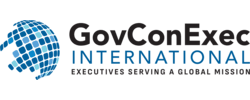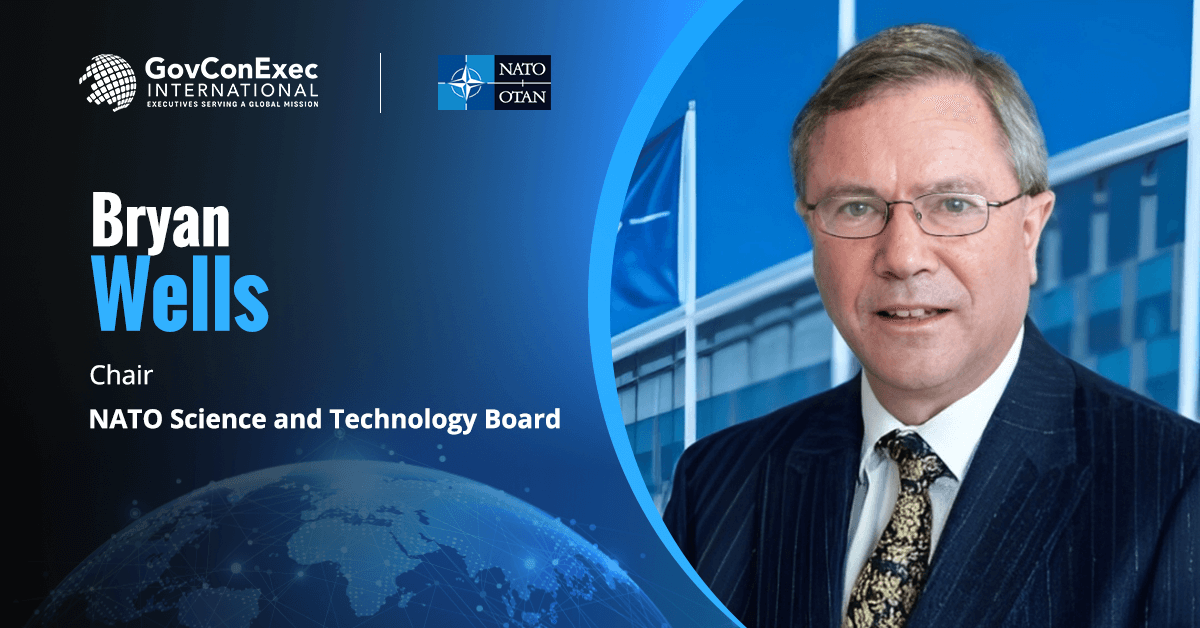Science and technology will continue to play a significant role in decisions relating to politics and military operations, the NATO Science and Technology Organization concluded in a report.
The “Science & Technology Macro Trends Report 2025–2045” explored key technological developments and how each will impact the current and future geopolitical landscape and vice versa. It was conducted to guide NATO’s political decision-making process, defense capability plans and military operations.
According to the study, the alliance will likely be influenced by six key trends: artificial intelligence and quantum technology leadership, the biotechnology revolution, evolving competition areas, resource divide, technology dependencies and integration, and eroding public trust in science, government and institutions.
Regarding AI and quantum technologies, the document predicted that emerging technologies will further propel digital transformation worldwide, with talent acquisition, training, and retention becoming critical battlegrounds for competition.
The NATO Science and Technology Board, the highest authority within STO, emphasized in the paper that global leadership is needed to prevent the slow decline of public trust in emerging and disruptive technologies. It said that for a long-term approach, tech-fueled solutions could combat disinformation and misinformation.
Bryan Wells, NATO chief scientist and chair of the NATO STB, said that the highlighted trends in the report provide the alliance with the opportunity to prepare to address future challenges. “Continued knowledge-building and investment in science and technology will strengthen NATO’s and allies’ ability to outperform the competitors of today and tomorrow and ensure that we remain robust, resilient and ready to respond to any threat,” he added.


